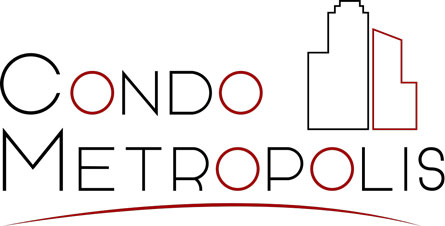-
Florida legislators understand how difficult association operations have been as a result of the high foreclosure rate, huge owner delinquencies, loss of revenue from the statutory cap on lender liability for payment and the length of time it takes to navigate through the legal system. As a result, there is no shortage of legislation filed for consideration during the 2010 legislative session.  Here is short synopsis of some of the bills with links to the actual text:
House Bill 115: This proposal states that during the pendency of a foreclosure action, if the unit is occupied by a tenant, the association may demand that the tenants pay rent directly to the association, with a right of eviction for non-compliance. This Bill would also permit the condominium association to suspend certain common element use rights for nonpayment, although utility services could not be suspended. Voting rights could also be suspended for delinquencies. Similar amendments are proposed in this Bill for Chapter 720, the Florida Homeowners Association Act.
Senate Bill 164: This proposal requires any mortgagee which has not completed its foreclosure within six months from filing its foreclosure lawsuit to pay the “statutory cap†(six months of past due assessments or one percent of the original mortgage debt, whichever is less) during the pendency of the lawsuit. This proposal would apply to condominiums only.
House Bill 329: This proposal would also allow the collection of rents directly from tenants, and permit suspension of certain common element use rights and voting rights. Significantly, this Bill also deletes the statutory cap and would require a foreclosing lender to pay all unpaid assessments if the foreclosure action is not completed within a year.
House Bill 337/Senate Bill 968: This Bill states that if an owner is delinquent in the payment of assessments, they can be restricted from running for office, holding office, serving on committees, leasing units, or using the common areas.
House Bill 419/Senate Bill 864: This Bill is similar to a couple of others already discussed regarding the right to demand payment of rents directly from tenants. This proposal also states that an association’s claim of lien can include the cost of collection efforts by management companies or licensed managers.
Senate Bill 780: This Bill would require a financial institution that institutes a foreclosure proceeding to timely pay all fees associated with or owed by that property, including but not limited to homeowner’s association fees, maintenance fees, and property taxes.
Senate Bill 1196: This proposal, similar to several of the others mentioned above, includes the right to collect management company charges as part of the association’s lien, permit interception of rents, and permit suspension of common element use rights and voting rights. This proposal is applicable to both condominiums and homeowners’ associations.
Senate Bill 1270: This Bill would permit a condominium association to disallow use of common area facilities by unit owners who are delinquent in the payment of assessments by more than ninety days.
Senate Bill 1272: This proposal would change the condominium “statutory cap†from six months of past due assessments/one percent of original mortgage debt (whichever is less) to twelve months past due assessments/one percent of original mortgage debt (whichever is less). This Bill further provides that in addition to the “statutory capâ€, if a first mortgagee institutes a foreclosure action, the mortgagee is liable for any special assessments levied against a unit during the pendency of such action for damage to the condominium property.
It is important to pay attention to these legislative reforms and have your voice heard if you support or oppose the language – whether you are a unit owner, board member, community association manager or industry professional. There are plenty of organizations that focus on legislative activities, such as CAI (Community Associations Institute) and CALL (Community Association Leadership Lobby)
(407) 901-5161
Orlando Property Enterprises | All rights reserved
